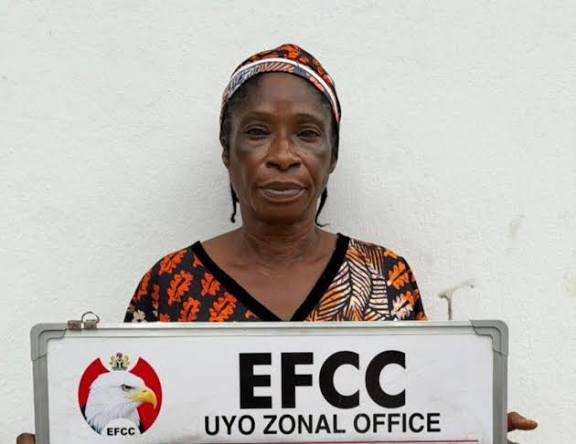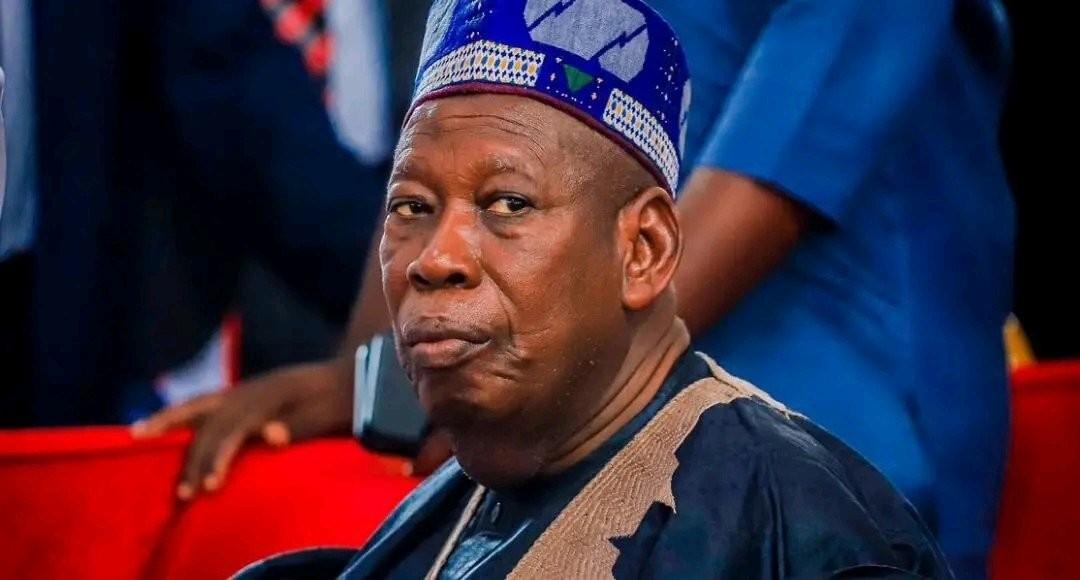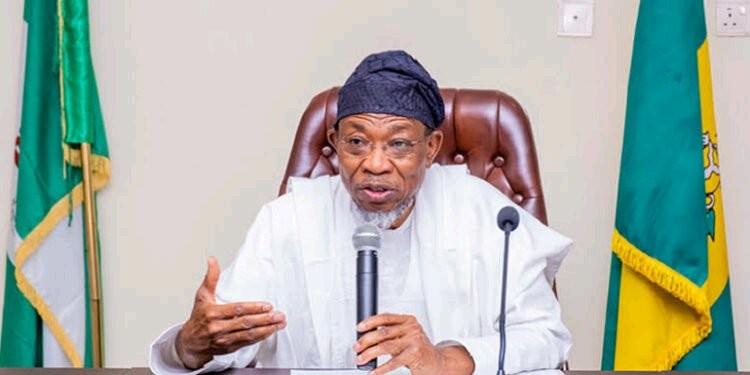"Nigeria, South Africa May Exit FATF Grey List Next Month" — Bloomberg.
Nigeria and South Africa could be removed from the Financial Action Task Force (FATF) “gray list” as early as next month, signaling a major turnaround for two of Africa’s largest economies, according to a Bloomberg report. The Paris-based FATF recently conducted on-site assessments in both countries, as well as in Burkina Faso and Mozambique, and found they had made significant progress in strengthening measures against illicit financial flows.
Nigeria and South Africa were placed on the FATF gray list in February 2023 for deficiencies in combating money laundering and terrorist financing. Their potential removal, experts say, could boost investor confidence and affirm ongoing economic reforms.
“It would confirm that the reforms and measures put in place after the gray listing are both significant and sustainable,” said Lauren van Biljon, senior portfolio manager at Allspring Global Investments UK Ltd.
A spokesman for Nigeria’s government, Temitope Ajayi, described the anticipated delisting as “the culmination of the remarkable work the government is doing to fulfill global obligations and attract investors.” South Africa’s National Treasury said it would respond publicly once FATF announces its final verdict but noted that the country had already completed 22 required action items.
The FATF gray list identifies countries under increased monitoring due to weaknesses in their anti–money laundering systems. Under the leadership of Mexican official Elisa de Anda Madrazo, the FATF has recently restructured its approach, focusing more on wealthier economies that pose higher systemic risks, while also addressing emerging threats like online fraud and sextortion.
Nigeria and South Africa could be removed from the Financial Action Task Force (FATF) “gray list” as early as next month, signaling a major turnaround for two of Africa’s largest economies, according to a Bloomberg report. The Paris-based FATF recently conducted on-site assessments in both countries, as well as in Burkina Faso and Mozambique, and found they had made significant progress in strengthening measures against illicit financial flows.
Nigeria and South Africa were placed on the FATF gray list in February 2023 for deficiencies in combating money laundering and terrorist financing. Their potential removal, experts say, could boost investor confidence and affirm ongoing economic reforms.
“It would confirm that the reforms and measures put in place after the gray listing are both significant and sustainable,” said Lauren van Biljon, senior portfolio manager at Allspring Global Investments UK Ltd.
A spokesman for Nigeria’s government, Temitope Ajayi, described the anticipated delisting as “the culmination of the remarkable work the government is doing to fulfill global obligations and attract investors.” South Africa’s National Treasury said it would respond publicly once FATF announces its final verdict but noted that the country had already completed 22 required action items.
The FATF gray list identifies countries under increased monitoring due to weaknesses in their anti–money laundering systems. Under the leadership of Mexican official Elisa de Anda Madrazo, the FATF has recently restructured its approach, focusing more on wealthier economies that pose higher systemic risks, while also addressing emerging threats like online fraud and sextortion.
"Nigeria, South Africa May Exit FATF Grey List Next Month" — Bloomberg.
Nigeria and South Africa could be removed from the Financial Action Task Force (FATF) “gray list” as early as next month, signaling a major turnaround for two of Africa’s largest economies, according to a Bloomberg report. The Paris-based FATF recently conducted on-site assessments in both countries, as well as in Burkina Faso and Mozambique, and found they had made significant progress in strengthening measures against illicit financial flows.
Nigeria and South Africa were placed on the FATF gray list in February 2023 for deficiencies in combating money laundering and terrorist financing. Their potential removal, experts say, could boost investor confidence and affirm ongoing economic reforms.
“It would confirm that the reforms and measures put in place after the gray listing are both significant and sustainable,” said Lauren van Biljon, senior portfolio manager at Allspring Global Investments UK Ltd.
A spokesman for Nigeria’s government, Temitope Ajayi, described the anticipated delisting as “the culmination of the remarkable work the government is doing to fulfill global obligations and attract investors.” South Africa’s National Treasury said it would respond publicly once FATF announces its final verdict but noted that the country had already completed 22 required action items.
The FATF gray list identifies countries under increased monitoring due to weaknesses in their anti–money laundering systems. Under the leadership of Mexican official Elisa de Anda Madrazo, the FATF has recently restructured its approach, focusing more on wealthier economies that pose higher systemic risks, while also addressing emerging threats like online fraud and sextortion.
0 Comments
·0 Shares
·178 Views






















